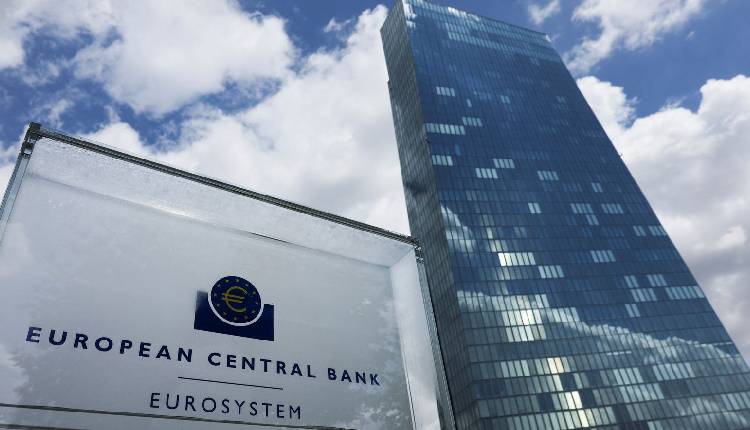ECB should set high bar for assisting France – economist
The European Central Bank (ECB) must signal to investors that policymakers won’t easily intervene to support France in the event of financial-market stress, according to former ECB Chief Economist Peter Praet.
Speaking to Bloomberg Television, Praet highlighted the need for a “high bar” for central bank interventions to avoid fostering market complacency.
Praet’s remarks come amid a week where French voters are selecting a new National Assembly, an election that has sparked concerns about potential impacts on public finances.
The ECB has so far observed a controlled widening of French bond spreads over German equivalents. ECB President Christine Lagarde assured that policymakers remain “attentive” to financial stability, which is crucial for price stability.
Jumana Saleheen, Chief European Economist at Vanguard Asset Services, echoed the sentiment that the ECB, despite having a range of tools developed over the past decade, should refrain from frequent interventions.
She stressed the importance of allowing the free market to operate without undue reliance on central bank support.
Praet criticised the current leniency of financial markets towards France, noting that expectations of central bank intervention could lead to moral hazard. He warned that the optimism shown by investors, particularly about a potential hung parliament in France, might be misplaced.
Furthermore, Praet cautioned against ECB President Christine Lagarde stepping into a government role in France, advocating for her to complete her current responsibilities at the ECB.
He suggested that, given the strong populism in France, a technocratic figure like Lagarde might not be an ideal choice for government leadership at this time.
Attribution: Bloomberg.


